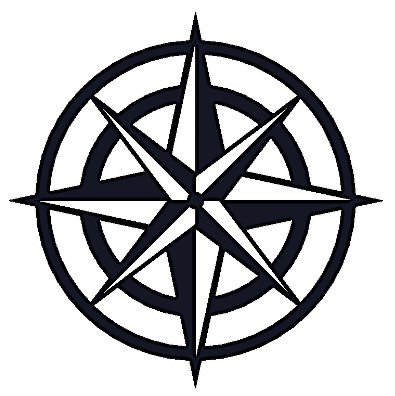Powder Coating Wood: A Game-Changer for Woodworking Manufacturers
In today's world, where sustainability and efficiency are at the forefront of every industry, woodworking manufacturers are constantly seeking ways to improve their processes. One innovative solution that has gained significant traction is powder coating wood. Not only is it better for the environment, but it also offers numerous advantages in terms of cost, speed, and quality compared to traditional wet painting methods. In this article, we will explore why powder coating wood has become a game-changer for woodworking manufacturers and how Compass Powder Coating is leading the charge as one of the first commercial wood, MDF, and HDF powder coaters in the United States.
First and foremost, let's delve into the environmental benefits of powder coating wood. Unlike wet painting, which often involves the use of harmful solvents and chemicals, powder coating is an eco-friendly alternative. The process produces minimal volatile organic compounds (VOCs), reducing the carbon footprint and contributing to a cleaner and healthier environment. By opting for powder coating, woodworking manufacturers can align their practices with sustainable goals and attract environmentally conscious customers.
Apart from its environmental advantages, powder coating wood also presents significant cost savings for manufacturers. Traditional wet painting methods can be expensive due to the need for specialized equipment, extensive preparation, and the high cost of paint itself. In contrast, powder coating requires fewer resources and minimal waste, resulting in lower overall costs. Additionally, the durability of powder-coated surfaces reduces the need for frequent touch-ups and repairs, saving both time and money in the long run.
Time is of the essence in the manufacturing industry, and powder coating wood offers a swift and efficient solution. Unlike wet painting, which requires ample drying time, powder coating involves a streamlined process. Once the powder is applied to the wood surface, it is immediately cured through a baking process, resulting in a durable and attractive finish. This rapid curing time allows manufacturers to increase their production speed and meet tight deadlines without compromising on quality.
Speaking of quality, powder coating wood offers a superior finish compared to wet painting. The powder adheres evenly to the surface, eliminating streaks, drips, and other imperfections that are common with wet paint. This consistent and flawless finish enhances the overall appearance of the wood, making it more appealing to customers. Additionally, powder-coated surfaces are highly resistant to chipping, scratching, and fading, ensuring that the final product retains its beauty and durability for years to come.
Compass Powder Coating is a pioneer in the field of custom commercial powder coating in the United States. With their expertise and state-of-the-art facilities, they are revolutionizing the woodworking industry. By offering custom powder coating services tailored to the unique needs of woodworking manufacturers, Compass Powder Coating enables businesses to elevate the quality of their products while reducing their environmental impact. Their commitment to excellence, efficiency, and sustainability makes them an ideal partner for manufacturers looking to stay ahead in a competitive market.
In conclusion, powder coating wood has emerged as a game-changer for woodworking manufacturers, providing a sustainable, cost-effective, time-efficient, and high-quality alternative to traditional wet painting methods. With Compass Powder Coating spearheading this innovative approach, woodworking manufacturers now have the opportunity to enhance their processes while contributing to a greener future. By embracing powder coating, manufacturers can paint a brighter and more prosperous future for themselves and the woodworking industry as a whole.

